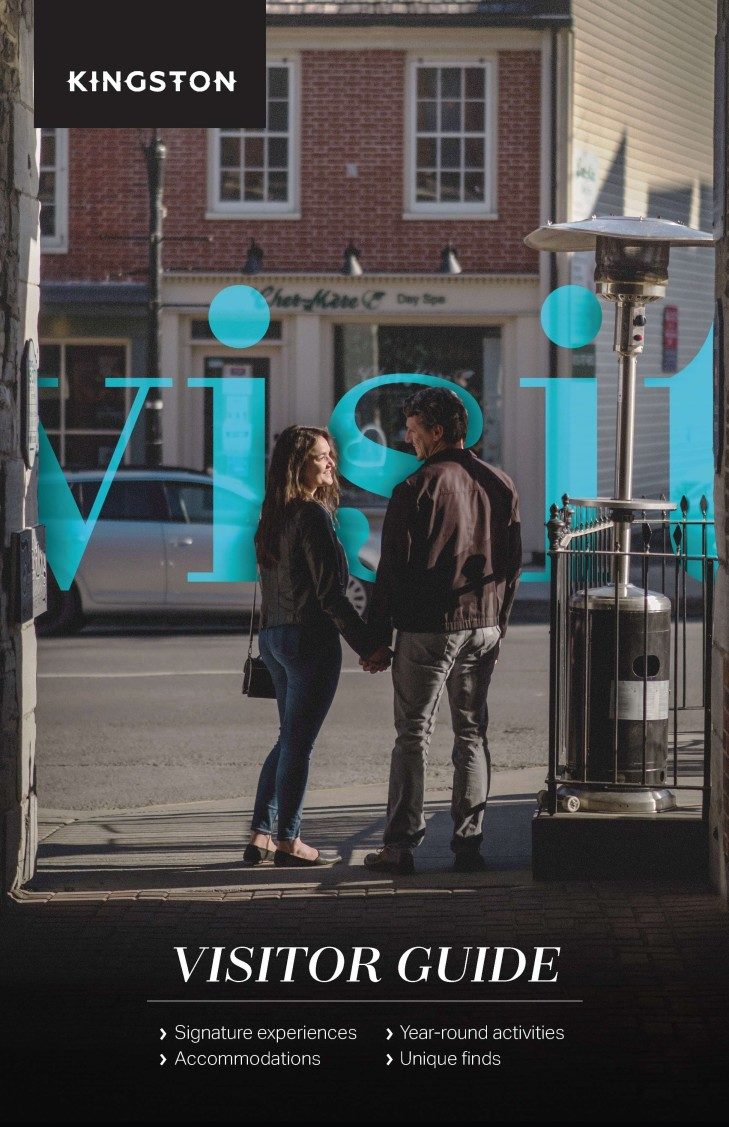If you are under 35 years old, you can sign up for a free Backstage Pass at the Kingston Symphony and get $10 tickets to a classy show. With regular tickets ranging from $20 to $50, this is an incredible deal. I need not say more if you already love classical music. If you are unfamiliar, below is a very quick summary of the next five shows to convince you. In the meantime, shine your shoes and find a date!
Dvorak and Brahms
Sunday, February 1, 2015 | 2:30 p.m
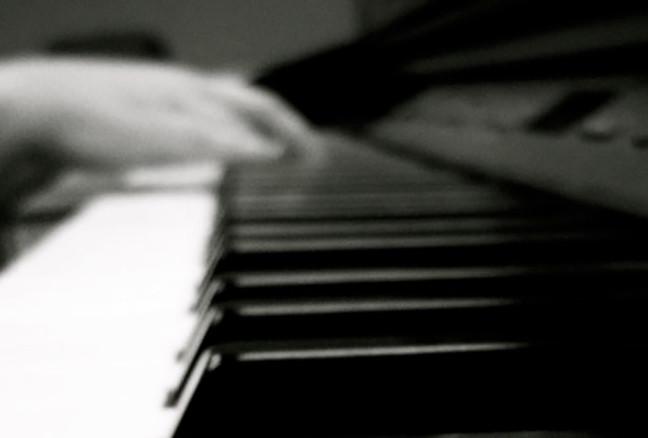
Dvorak and Brahms were contemporaries in late 18th century Prague and Berlin, respectively. This was the age following the Industrial Revolution, and art’s response was Romanticism: return to nature, longing for the supernatural, embracing the emotions. We have at this time also the rise of the middle class, and the need for composers to entertain large crowds of common people instead of small crowds of educated upper class. The melodies are less technical, more focused on a primal pathos, recalling old world folk dances and gypsy song.
Pause between performances for a glass of wine at the fancy bar on the second floor. Backstage Pass ticket holders usually have seats on the balcony, which offers you both a great view of the show and in between a great venue for mingling and people watching.
Rachmaninoff and Tchaikovsky
Sunday, March 1, 2015 | 2:30 p.m

Rachmaninoff is a Russian romanticist, and considered one of the best pianists of his time. A member of the Russian bourgeoisie, Rachmaninoff was forced to leave his homeland after the Revolution of 1917. Rhapsody on a Theme of Paganini is one of his best known works, and was composed in his time of exile. Listen carefully to his piece for reminisces of Russian Orthodox liturgical chants and bells. Rachmaninoff will be interpreted by young and internationally acclaimed pianist, Avan Yu.
Symphony No. 6 was Tchaikovsky’s final completed composition before his death, and its Russian title means “passionate” or “emotional”. Lauded as the great romantic, Tchaikovsky’s flair for drama and romanticism will be seen in the magnanimity of this piece, which is in four parts: the first three being allegro or fast, and the last slowing down to an adagio. Watch how you feel as the symphony slows and mellows, giving you a chance for reflection after all the height of emotions. Tchaikovsky wrote: “The ultimate essence … of the symphony is Life.” Don’t miss Rachmaninoff and Tchaikovsky at The Grand Theatre!
Mendelssohn’s Elijah
Sunday, March 15, 2015 | 2:30 p.m
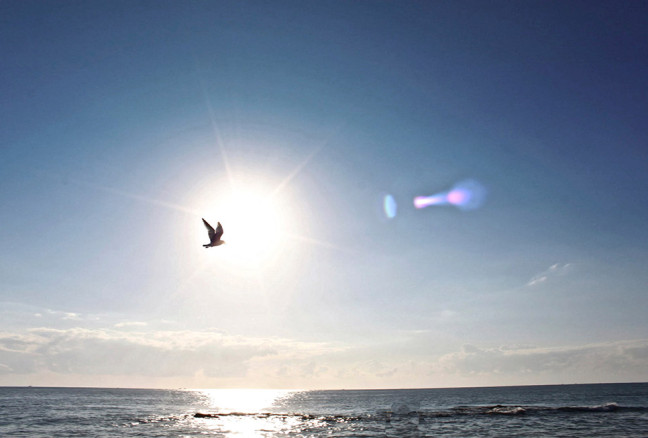
This is a sung performance as well as an orchestral one, and it is considered by some to be the greatest oratorio since the alleluia’s of Handel’s Messiah. The Grand Theatre is a relatively small space, and witnessing the power of a group of professional singers is something to experience or to write on your bucket list.
While we are often used to listening to music for what is being said, at an oratorio like this one, you can get a gist of the story from the program and listen to the powerful emotion of the words rather than the words themselves. There is nothing quite like a performance like Mendelssohn’s Elijah, to experience the music surrounding you in the theatre is to participate in a way that you cannot by watching the same piece on YouTube.
O’Callaghan sings Cohen
Sunday, April 12, 2015 | 2:30 p.m
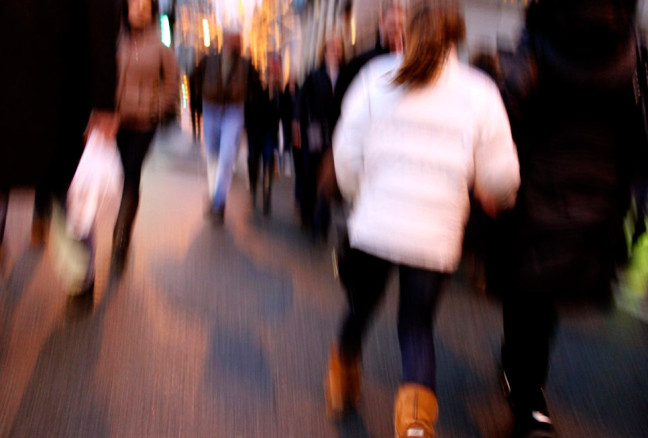
If you have watched Shrek, you have heard Cohen’s soulful “Hallelujah”: “I heard there was a secret chord/ That David played and it pleased the Lord/ But you don’t really care for music, do you?” Cohen is a poet who became a performer, accompanying his playful words of love and cultural angst with music which made him comparable to Bob Dylan. Though Cohen has an extremely deep and gruff voice, O’Callaghan’s sweet singing soprano will give Cohen’s music a clarity and flair that will have you caught on the meaning of his words.
Shostakovich and Schubert
Sunday, April 12, 2015 | 2:30 p.m
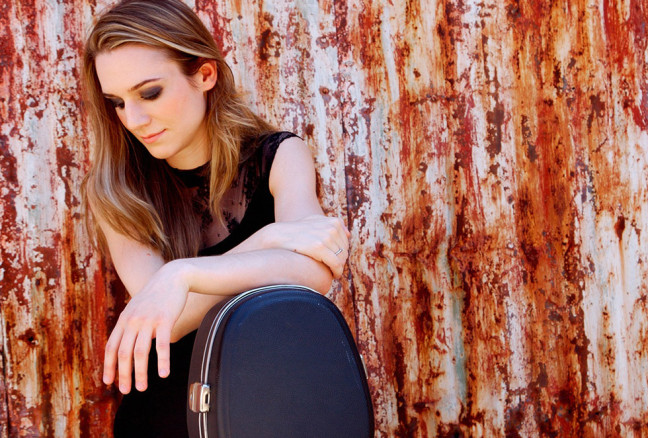
Dmitri Shostakovich’s first cello Concerto is considered to be one of the most difficult works for the cello. That being said, his friend and cellist Mstislav Rostropovich memorized the piece in just four days. Both of their joy over the piece caused them to celebrate by drinking vodka and playing the piece over three times.
The tense harmonies recall sad folk melodies and a Russia under Soviet rule, a place often hostile to artists’ creativity. As the four movements progress, listen for the punctuating sounds of the tympani, and the lonely sound of a single brass horn.
In Kingston, this famous concerto will be played by Denise Djokic, who has been named one of the top “25 Canadians Who Are Changing Our World” by Maclean’s Magazine and one of “Canada’s Most Powerful Women” by Elle Magazine.




